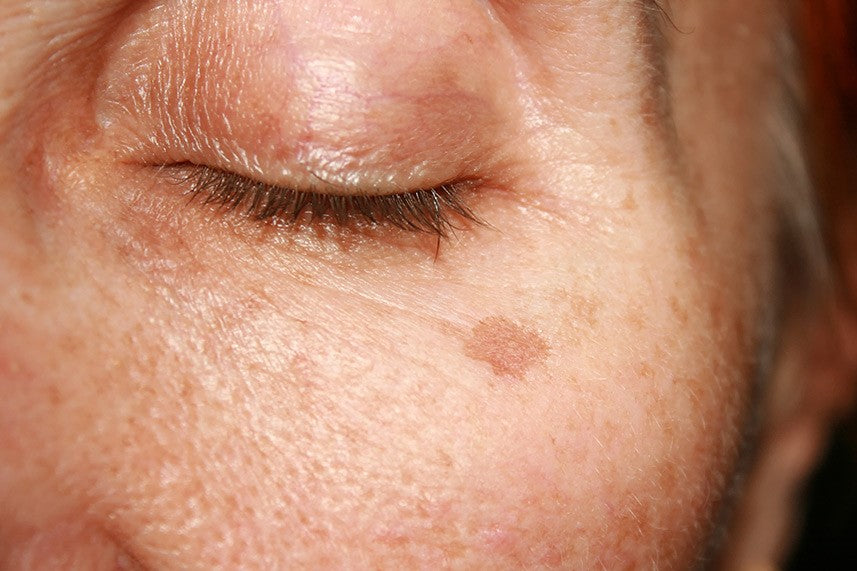Dull Skin
"Dull skin" is a term used to describe skin that lacks radiance, brightness, and a healthy glow. It is characterized by a tired or lackluster appearance and may be associated with various factors, both internal and external.
Some common causes of dull skin include:
-

Dead Skin Cells
The accumulation of dead skin cells on the skin's surface can contribute to a dull complexion. Over time, dead skin cells can build up, leading to a lackluster appearance.
-

Dehydration
Inadequate hydration can make the skin look dull and dry. When the skin lacks moisture, it may lose its natural radiance.
-

Excessive Sun Exposure
Prolonged exposure to the sun's harmful ultraviolet (UV) rays can damage the skin and contribute to a dull complexion. UV radiation can lead to premature aging, uneven skin tone, and loss of elasticity.
-

Environmental Factors
Pollution, smoke, and other environmental pollutants can also take a toll on the skin's appearance, contributing to dullness.
-

Poor Lifestyle Habits
Factors such as lack of sleep, an unhealthy diet, and excessive stress can negatively impact the skin and contribute to a dull complexion.
-

Aging
As the skin ages, the natural shedding of dead skin cells slows down, and the production of collagen and elastin decreases. This can result in a duller and less vibrant skin tone.






